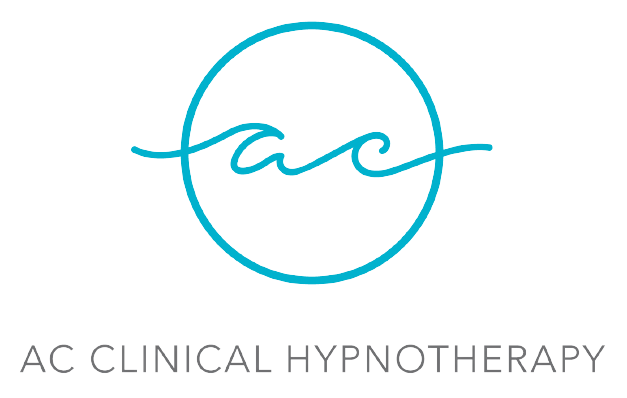In a world where hitting the gym is celebrated and prioritizing physical health is the norm, the silence surrounding mental health issues continues. Despite the undeniable challenges of mental health, the stigma persists, preventing many from seeking the help they need. This blog aims to shed light on the stigma surrounding mental health and explore why obtaining assistance for mental well-being is often stigmatized, even in the face of escalating mental health concerns.
According to recent statistics, approximately 1 in 5 Australians experience a mental health condition each year. Shockingly, only a fraction of these individuals seek professional help. In New South Wales alone, the situation is alarming, with a substantial number of people grappling with mental health issues in silence. Despite the growing awareness campaigns, there seems to be a persistent reluctance to acknowledge and address mental health concerns openly.
The Gym vs. Seeking Mental Health Support
It’s intriguing to observe how society celebrates physical fitness, gym-goers flaunting their achievements, yet mental health concerns remain shrouded in secrecy. Why does going to a therapist not receive the same acknowledgment as hitting the weights or running a marathon?
The stigma around mental health, especially among older generations, can be traced back to ingrained societal norms and cultural beliefs. Historically, mental health concerns have been swept under the rug, viewed as a sign of weakness or instability.
Why the Silence?
Cultural Traditions: In some cultures, mental health issues are considered taboo, leading individuals to endure their struggles silently.
Generational Attitudes: Older generations, raised in an era where mental health was rarely discussed openly, may find it challenging to break free from the stigma.
Fear of Judgment: The fear of judgment and societal prejudice often prevents individuals from acknowledging their mental health challenges.
Hypnotherapy offers a unique approach, leveraging the benefits of deep relaxation to address underlying issues. Recent studies show that deep relaxation techniques, such as those employed in hypnotherapy, can significantly reduce stress, anxiety, and depressive symptoms.
Benefits of Hypnotherapy for Mental Health:
Stress Reduction: Hypnotherapy induces a state of profound relaxation, alleviating stress and promoting a sense of calm.
Enhanced Self-awareness: Through hypnotherapy, individuals can gain insights into their thought patterns, fostering self-awareness and personal growth.
Positive Behavioural Changes: Hypnotherapy enables clients to replace negative thought patterns with positive ones, contributing to better mental health.
Breaking Stigmas: Hypnotherapy challenges traditional attitudes towards mental health by offering a non-invasive, stigma-free solution.
In a society that celebrates physical well-being, it’s high time mental health receives the same recognition. If you or someone you know is struggling, remember that seeking help and wanting to improve your life and self-awareness are signs of strength, not weakness.
